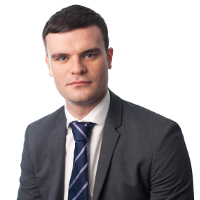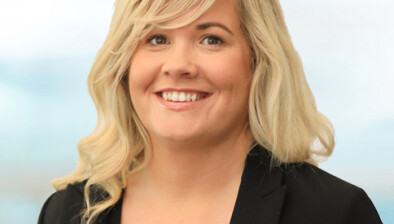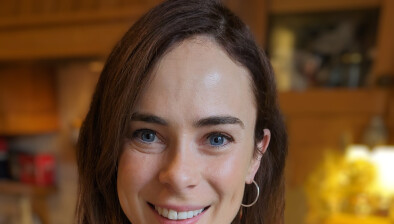Andrew Kirke: Unlucky 13 – does the copyright directive spell the end for memes?

Andrew Kirke
Andrew Kirke considers the controversial Copyright Directive, designed to control how copyrighted content is shared on online platforms.
The Directive and its most controversial component, Article 13, requires online platforms to filter or remove unauthorised copyrighted material from their websites, placing the primary burden onto platforms, rather than users.
Under current law, platforms are generally not responsible for their users’ actions as long as they take reasonable steps to remove any infringing content, but the new law imposes a higher “best efforts” standard, meaning platforms could be liable the moment a user uploads content they don’t have rights to.
During the three-year debate around the introduction of the new Directive, supporters of the law argued that it was about making sure that fair compensation goes to content creators/owners, and long overdue on the basis that the current user-driven framework for copyright protection was no longer fit for purpose.
By contrast, its critics have maintained that the law is stifling and poorly defined, and will have a devastating impact on the internet’s role as an information sharing service.
So is the furore over unlucky Article 13 a storm in a teacup, or grounded in legitimate concerns over the genuine threat it presents to a free internet? Could it mean the end of all memes?
Below are some of the factors that we think might impact whether or not the internet of the not so distant future might look very different from the internet of today.
As with all EU Directives, individual Member States will have two years to turn the new rules into their own national law, so how the Directive plays out depends in part upon how different countries choose to interpret and implement its requirements in their own legislation. One potential problem with this is that there are likely to be varying national approaches towards regulating what is truly a global resource. If certain nations take a harder line, it’s likely that the most stringent approach will be the one that content sharing platforms will need to adhere to.
More importantly, apart from the laws themselves, the approach of the platforms to abiding by those laws is what will make the difference. As we saw with GDPR, big multinational companies often tend to err on the side of caution, especially with new laws, and it seems likely that they will over-censor rather than under-censor in fear of being made an example of by a zealous court or regulator. One way that this is likely to play out is through the use of automated upload filters to try to ensure that copyrighted content is screened out, but the nature of these technologies is such that they are still expensive and error-prone.
Whilst defenders of the new Directive have, rightly, pointed out that the law itself does not strictly require automated upload filter, and that this requirement was actually removed from an early draft of the law, the requirement on platforms to use “best efforts” to prevent the upload of infringing content could well impose that standard indirectly.
There are certain exemptions for content uploaded for the purpose of caricature or parody (including, sigh of relief, memes), for criticism or review, for short extracts, as well as less stringent requirements for new platforms with annual revenues under €10m, fewer than 5m monthly users and that have been around for under three years, which are subject to lighter takedown rules. But as many commentators have pointed out, there are almost no platforms in Europe that fit all three categories, and to the extent that content platforms make use of automatic upload filters, it remains unclear how effective algorithms will be at determining what constitutes criticism or parody.
If 28 Member States can’t come to agreement on what these terms mean, it’s difficult to see how an algorithm developed by humans could fare any better. Generally, algorithms aren’t known for having a great sense of humour – or we might be able to try and programme one to resolve Brexit.

Andrew Kirke is Director in the Contracts and Technology Department at Tughans










